13 Ways To Listen Music More Efficiently


Listening to music is a big part of many people’s lives. Whether you’re driving, studying, or just hanging out with friends, it’s likely that there’s music playing in the background. However, listening to too much can become distracting and even harmful over time. There are a lot of suggestions and recommendations on the u1337x.org website as well. Here are some tips on how to listen more efficiently:
⦁ Listen To Music With Headphones –
Listening to music with headphones can help you listen more efficiently because it allows your brain to approach the sounds more easily. It also allows you to concentrate on one sound rather than several ones, which is extremely useful while attempting to nap or concentrate. When attempting to fall asleep or break a harmful habit like chewing your fingernails, listening through speakers is also helpful, but not in most other circumstances. Headphones shut out all external sounds, allowing you to focus on your task without distractions.
⦁ Listen With The Lyrics Off –
Listening to music and comprehending the lyrics at the same time might be bothersome because it needs more emotional resources. It’s ideal if you just listen when there are no words to avoid being sidetracked by what’s going on within them (particularly if they’re discussing anything unpleasant).
⦁ Listen To Songs That Are Upbeat For Better Moods –
If you’re having a bad day, try listening to some cheerful or uplifting music. This will improve your emotions and make it simpler for you to focus on what ‘s in front of you because there won’t be any interruptions from the audio (particularly if it’s about anything gloomy).
⦁ Adjust The Volume –
A reasonable general guideline is to keep the volume at a comfortable level that is neither too loud nor too low. This will keep interruptions at distance and prevent you from hurting your hearing.
⦁ Turn Off All Notifications On Your Device –
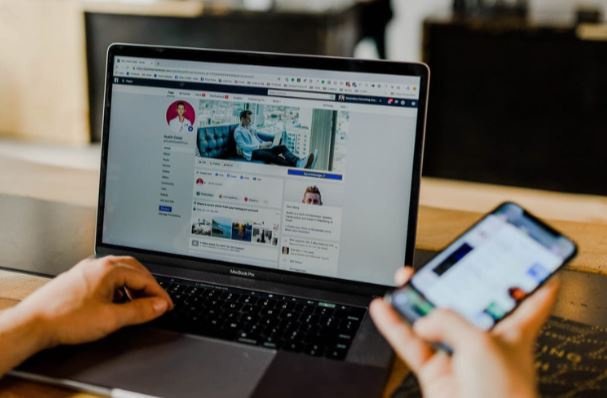
It’s also a good idea to switch off any notifications from applications like Instagram, Linkedin, and Whatsapp. There will be nothing else fighting for attention inside the music as a result of this (like if someone liked a photo of yours).
⦁ Downloading Songs For Offline Use –
It’s also a smart option to download music for offline listening so you can listen when you don’t have access to the internet. This conserves bandwidth and battery capacity, making your music listening experience more enjoyable.
⦁ Turning Off The Lights And Using Candles When Listening At Home –
When listening to music at home, dim the lights and use candles to help you concentrate. This is especially useful if there is a lot of background noise around you, such as people chatting or transportation sounds.
⦁ Avoid Multitasking When Listening –
It’s better not to try to do other things while listening to music, such as studying or functioning on your desktop. This can be annoying and detract from the intent of listening.
⦁ Practice Active Listening –
Effective listening, which involves merging all of your perceptions into the process of listening to music, is the most effective method for music understanding and acceptance. This implies that if you’re watching a live performance, you should not just hear with your ears but also look at what’s going on on stage or on the monitor.
⦁ Using Playlists To Keep Up With New Releases In Your Favorite Genre, Artist, Or Era –
One of the most significant ideas on how to listen to music more effectively is to keep up with new releases. Playlists make it simple for your top musicians and categories to stay current. You can quickly keep up with what they’ve released by building a playlist instead of spending hours reading through their website or listening to YouTube obsessively.
⦁ Give Yourself A Break –
Music is undeniably important in most people’s lives, yet listening to it excessively may be damaging. So, every now and again, take a break and allow yourself to replenish by not listening to music for 20 minutes or longer. This will allow your brain to unwind and focus on something else without getting distracted.
⦁ Making Time For Music –

Set aside some time during your day to listen to music. It can be as easy as setting out time to listen every afternoon or evening and deciding not to do anything else during that time to avoid distractions.
⦁ Try Listening To Different Genres Of Music –
You’ll always discover new favourite tracks, try something new if you find yourself listening to the same music repetitively. If jazz is your preferred genre, for example, try western or punk instead. You never know which songs will become your personal favourites next.
Conclusion
Always keep in mind that music is meant to be entertaining, not distracting. Make sure you don’t lose perspective of what’s vital by keeping all of these suggestions in mind. Music should complement and become a part of your life, not subtract from or replace everything else. Something is wrong when hearing becomes a chore rather than a pleasure.
[custom-twitter-feeds feed=2]

